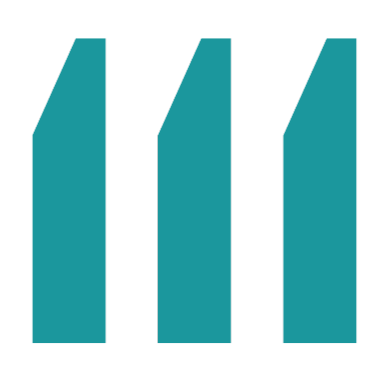
By 2022, the guaranteed savings from the use of biosimilars would amount to around €1.6 billion, with a clear impact on cost containment and an increase in the number of patients treated, according to an analysis of trends over the period 2016-2023: the number of patients treated has increased by 138%, while the growth in total expenditure has been limited to 43% and the average cost per treatment has fallen by 40%.
This is according to the data presented by Iqvia during the webinar organised in partnership with Egualia, which highlighted how biosimilars have enabled significant cost savings on the one hand, and greater access to therapies for users on the other.
In our country, biosimilars are a success story, mainly because they have delivered on their initial promise: to free up resources and expand the patient base for access to therapy.
Michele Uda, General Manager, Egualia
The report presented by Iqvia highlights how the market for biologics and biosimilars continues to show sustained growth. In particular, the biosimilars market has grown by an average of 29% in value over the last five years. In Italy in particular, the market share of biosimilars in the total number of biologics has increased from 20% in 2018 to 53% in 2022, demonstrating the success of these medicines in our country as well.
Italy leader of distribution
Although Germany and the UK have the largest biosimilar markets in terms of value (1.8 billion each in 2022), compared to 1.6 billion in Italy, 1.4 billion in France and 1.1 billion in Spain, Italy is emerging as the largest market in Europe in terms of both volume and value, with a product penetration rate of 55% and 73% respectively.
The high diffusion of biosimilars in our country is probably favoured by the fact that distribution is mainly through hospitals and DPCs (62%), while in the other major European countries distribution is mainly through retail outlets.
These results are mainly due to national policies supporting biosimilars. However, a key role has been played by the increased competition resulting from the market entry of “generic biological” off-patent medicines, which has led to a sharp fall in average prices.
The impact of savings is most evident in the therapeutic areas where biosimilars have been most successful, such as autoimmune diseases and oncology. In the former, treatment costs have fallen by as much as 78% since the launch of the first biosimilar, allowing more patients to be treated for the same cost.
This success shows that these new medicines are a valuable resource for public coffers and for universal access to treatment. As a result, between 2018 and 2022, the originator market went from a value of EUR 1.952 billion in 2018 to EUR 823 million in 2023, a negative CAGR (-29%), precisely because of falling real prices.
The rebound effect of competition
However, much remains to be done to ensure universal access to care. “Iqvia’s data show that resources have been and are being freed up,” commented Michele Uda, Egualia’s CEO, “but access to care has not always really increased. Italy remains a country with low access to therapies for patients eligible for treatment with biological medicines.
The “legge sull’Accordo” Law is based on two guiding principles: keeping the clinical decision-maker at the centre of any choice and ensuring access to treatment. Where it has been interpreted correctly, it has worked.
It has not worked in regional contexts where, instead of ensuring the presence of a plurality of suppliers, it has favoured the first on the ranking list, even when there are no significant differences between the various subjects. More than 10 years after the introduction of the relevant legislation, it is time to review the long-term sustainability of the system that has been put in place.
There are therapeutic areas with imminent patent expiries where there are no biosimilars in development, and some shortage issues are beginning to emerge. Extreme competition has had a rebound effect and companies are beginning to struggle to continue to deliver the performance described in the Iqvia data».
Without biosimilars available, it is impossible to start down the virtuous path of competition.

